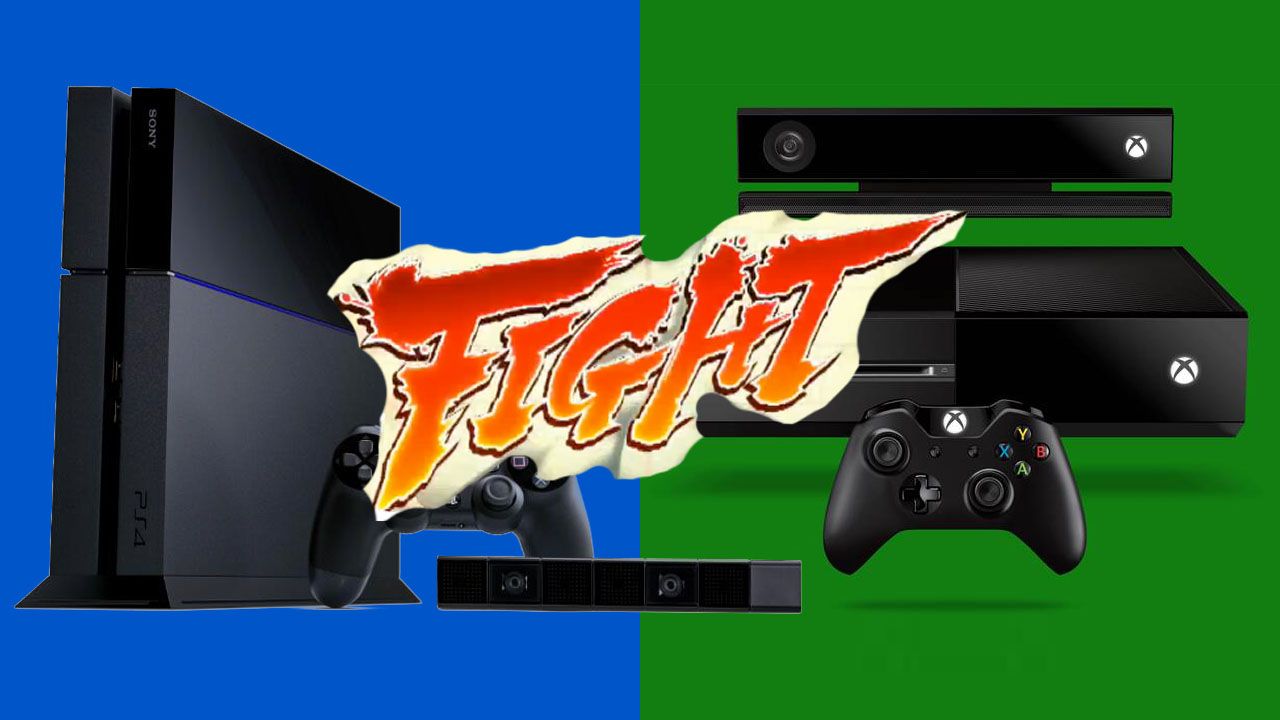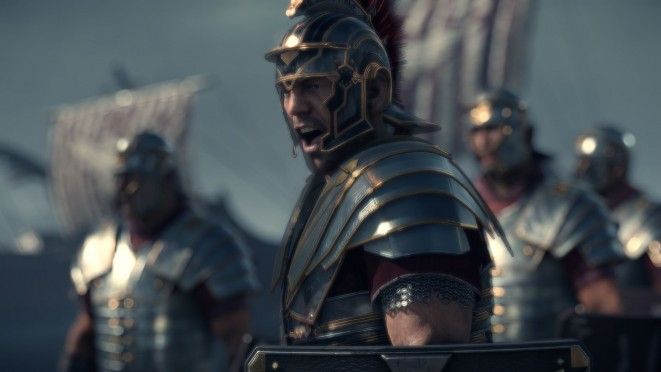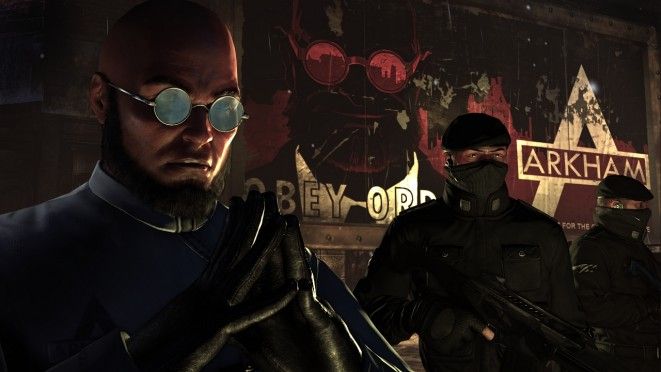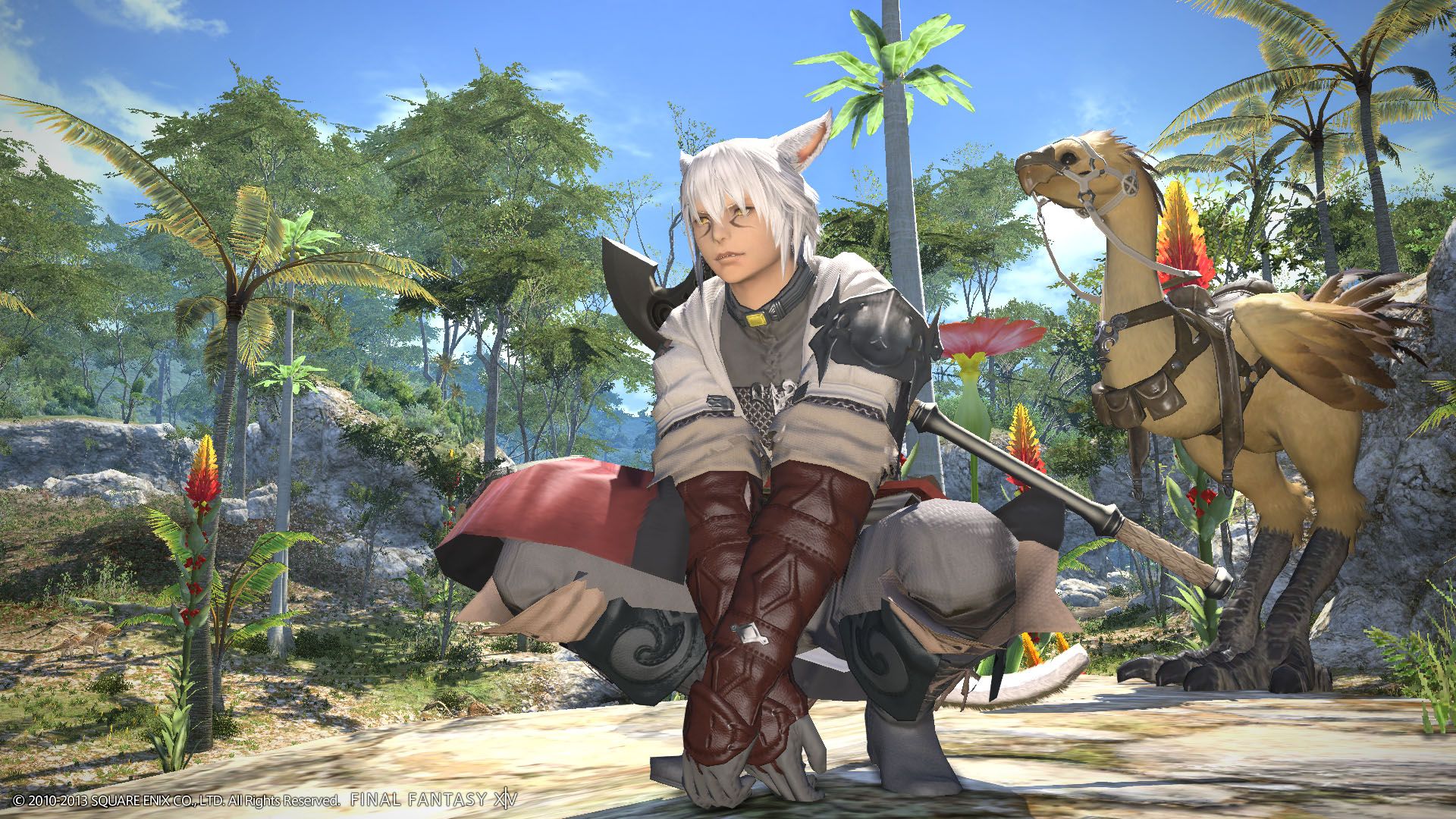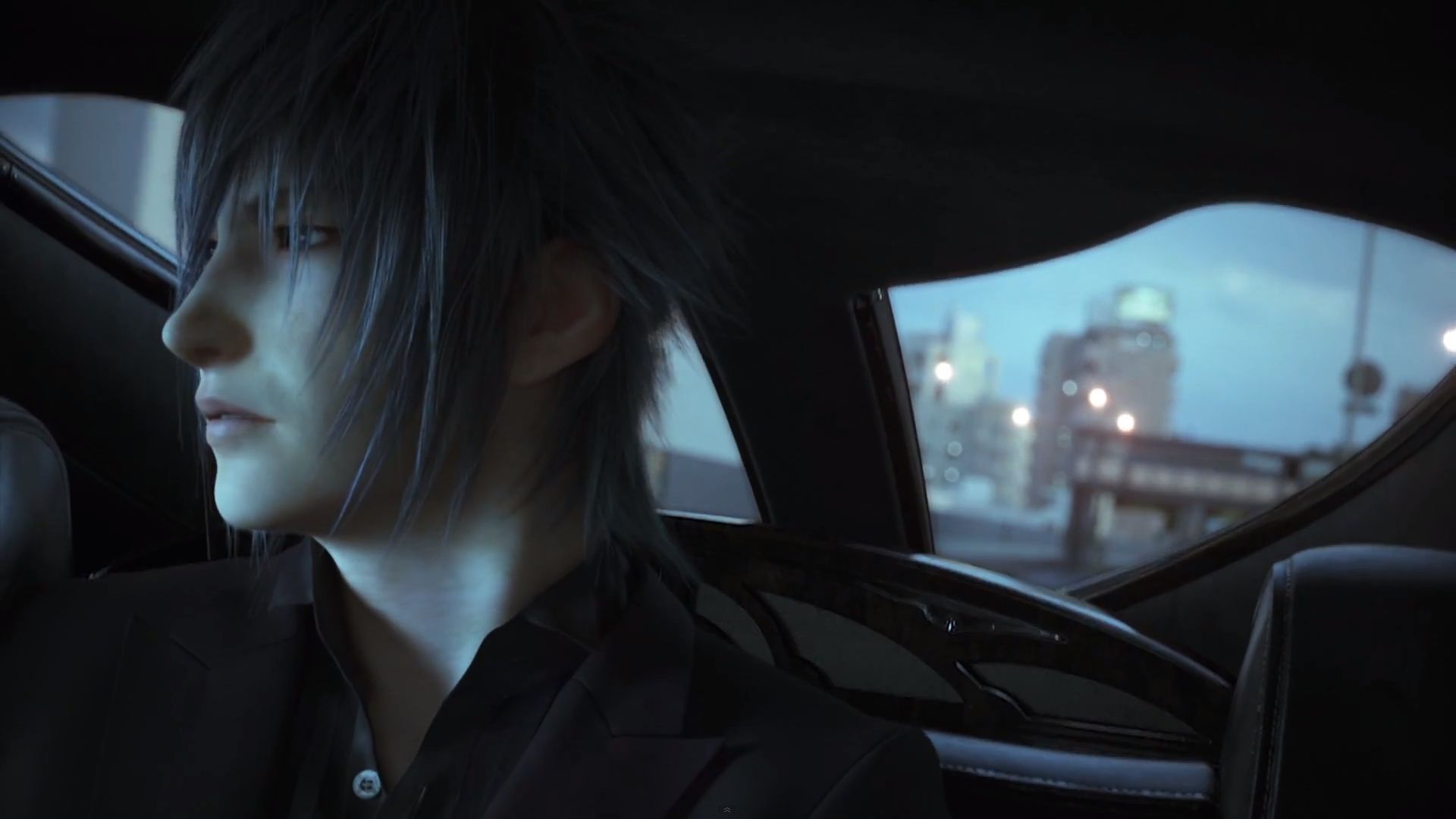Microsoft's Director of Global Marketing Craig Davidson went on record no more than two weeks ago hinting to the fact that Microsoft would "Kill Sony at E3". When I read that, at first I just laughed, then I started thinking: on one side it sounded like Redmond's software and hardware giant was confident about having a very strong hand of cards to play in Los Angeles, but on the other hand I could not shake the sensation that it sounded just like the final act of bravado from someone standing in front of the firing squad, or the typical "I'll tear you to pieces!" from the usual super-villain before the superhero customarily proceeds to give him a beat down.
In the end, while each person's mileage may vary, I'm pretty sure most will agree that Microsoft's "killing blow" landed way short, and Sony turned around and delivered a KO one-two right to Microsoft's jaw.
Fact is that Microsoft did almost all the right things. Their conference was very solid. It showed plenty games (many of which exclusive), it made almost no mention of Kinect, and it even kept Mr. Corporate Face Don Mattrick almost completely off stage, replacing him with a honestly much more likable and appropriate Phil Spencer from Microsoft Game Studios.
It was by all means one of the best Microsoft E3 press conferences of all time, but as I predicted in my editorial that came after the Xbox One's unveiling, it fell just a bit short of what was necessary simply because the problems that were laid down in the weeks before weren't addressed. While they showcased a lot of games, they simply couldn't cancel the TV-centric vision offered during the new console's first presentation, and actually made no solid effort on that front, just trying to sweep the problem under a thick rug made of games.
A few days ago Microsoft released a very lengthy and convoluted list of rules and caveats describing the Xbox One's DRM policies, but while it did in substance say that, under certain conditions, it'll be possible to trade-in the games purchased for the console, and that it won't need to be connected at all times (but "only" once every 24 hours), the complexity and back handed "big brother-ish" nature of it all caused gamers to frown where Microsoft possibly intended them to smile.
I'm personally a very vocal proponent of the rights of developers and publishers to get revenue from the entertainment they provide, but Microsoft's overdone policies looked by all means like the regulation sheet of a penitentiary. Even for someone like me, used to analyzing facts while trying to retain a certain degree of levelheadedness, it was very hard not to imagine those rules read by the voice of Professor Hugo Strange over the loudspeaker system of Arkham City.
Again, nothing during Microsoft's press conference addressed the concerns raised by those rules and caveats, contributing to mitigating the actual impact of its message.
Then, towards the end of the presser came the clincher: the price. $499 isn't by any means an impossible price point for techies and early adopters, but it's still steep in this economy, and it's impossible to ignore the fact that Kinect and the boasted "TV experience" are part of that MSRP. It's much easier to pull out your wallet and drop on a counter a good slice of a monthly salary when you know that the whole sum is going towards buying something you want. When you are aware that a hi-tech webcam and TV features that your TV does perfectly well by itself are being shoved down your throat as part of the package, it's hard not to feel awkward about it.
Again, all those elements dampened the impact of the generous gameplay showing during Microsoft's conference considerably. Turning around a first impression is hard, especially when you make little effort to actually achieve it and just stubbornly stride forward on your merry way.
Sony was well aware of that. They analyzed the moves of their competitor, they listened to the complaints of the fanbase, identified the weak points in Microsoft's message and then methodically delivered a combo of crippling blows ruthlessly hitting every single exposed area. Watching Sony's conference almost made me feel bad for Microsoft because it almost felt like they were being bullied, and they aren't a company used to being in that position.
It felt almost deliberate when Sony started the conference with Jack Tretton crunching numbers, and continued with Andrew House talking about TV services for a few minutes. I could read people on Twitter groaning, I could hear my colleagues clenching their jaw through the microphone: "They're doing Microsoft's same mistake!" was the word on the street. I could almost see Jack & Phil smirk impishly as they got the boring talk out of the way first, preparing people for the usual disappointment while they were secretly getting ready to deliver the killer combo. When you're prepared to be bored and come out with a smile, the theatrical effect is twice as strong.
When House spoke the line "Of course, at its core the PS4 is about delivering breakthrough gaming experiences", I braced myself. I knew the cannons were all loaded and that the PlayStation galleon had the Xbox ship firmly in its sights, ready to fire a devastating broadside.
The "TV talk" that took the front and center stage at Microsoft's Xbox One unveiling for almost the whole time was done by Sony in less than seven minutes, and after that it was all about games.
The part about the games was in itself very different from Microsoft's showing. Xbox One's line-up was quite impactful and full of good-looking games, but it seriously lacked diversity. Indie games were scarce and the biggest one (Minecraft) can hardly be defined indie anymore. Japanese games were just as missing, with Metal Gear Solid V: The Phantom Pain looking more western than many American games out there, and Crimson Dragon was nothing new and unimpressive (and didn't have sound).
On the other hand, Sony's line-up was as diverse and colorful as ever. Indie? Plenty of those. Japanese games? What's more impactful than Final Fantasy and Kingdom Hearts? MMORPG? No problem, here's The Elder Scrolls Online and Final Fantasy XIV: A Realm Reborn. Add to that the creativity and artistic diversity of Sony Japan Studio games like Rain and Puppeteer and you have a royal flush.
It doesn't matter that many of those games weren't exclusive. What really mattered in determining the audience's reaction was the message communicated by those games. Xbox's message spoke of the same monochromatic and heavily shooter-oriented catalog we found on the Xbox 360. PlayStation's message was a colorful and diverse rainbow of genres and cultures that really makes you look forward to the future.
But of course there was more: When Jack Tretton said "We're equally focused on delivering what gamers want most", his expression meant business, and I knew it wasn't going to be the usual marketing dribble: the message that ruled out manufacturer-imposed DRM and online restrictions he delivered was as simple, clear and straightforward as Microsoft's opposite message was obscure, overdone and convoluted.
That suddenly and irrevocably (at least for now) turned Sony into the "hero of the people" and Microsoft into the villain.
While this colorful description may sound cheesy, there's some truth behind it. I don't believe for a second that the decision to back away from DRM didn't cost Sony quite dearly in terms of publisher support.
During the past few years Electronic Arts has always been very favorable towards the Japanese manufacturer, and I'm quite sure I wasn't the only one surprised to see them supporting Xbox One quite strongly, with perks like a Battlefield 4 timed exclusive on DLC and the big hitter Titanfall by Respawn Entertainment.
http://www.youtube.com/embed/xxtVd5BGDt8
It's very realistic to believe that Sony's decision pushed away some publishers that now see the Xbox One as a safer environment for their revenue. Sony decided to move despite that, probably believing that customer satisfaction is more important than pandering to the interests of the publishers. They most probably thought that such a stance would give them an advantage in sales, causing publishers to bow to a higher installed base.
If that's the case, it's definitely a risky but ballsy move and one that I can respect. Judging from the general reaction, I'm not the only one.
After the smoke from the DRM cannonball cleared and the thunderous applause faded, all that was left to do was to deliver the finishing blow to the would-be "killer" (Microsoft) that was firmly on his back. Very conveniently Sony had the perfect kind of ammunition for that task: the price.
The fantastic-looking Destiny demo proved to be the perfect build-up for Andrew House uttering the magic "399" number. A number that was 100 bucks lower than the price demanded by the competition. Not only does it give the PS4 a powerful commercial advantage over the Xbox One, but it also serves to reinforce the hero/villain dichotomy created in the minds of those that were watching the conference: generous Sony against greedy Microsoft. Game, set, match.
http://www.youtube.com/embed/PkMJpMk62DU
This aggressive pricing, that I fully expected having listened to the signals sent by Sony in the weeks before the conference, is the fruit of a policy that Microsoft stubbornly rejected. When you'll buy the Xbox One, you'll have to buy Kinect, no matter if you care for it or not. You'll have to bring home the whole TV-oriented feature set no matter if you have a smart TV that can already do that and more.
Sony shaved off the PlayStation Camera from the box of the PS4, removing its price from the equation and allowing customers to decide if they want it or not, if they want to just play games with their old dear controller for a cheaper price or to embrace motion and voice control paying a bit more. Giving customers the option to pay only for what they want is an extremely solid policy that, again, earned my respect and that of thousands of others.
The funny part is that Microsoft's mis-delivery paired with Sony's near-perfect delivery allowed the Japanese corporation to pull the "PlayStation Plus required for multiplayer" stunt with basically zero consequences. In normal conditions it would have caused a riot of groaning and hate. In this situation almost no one noticed, and many of those that did notice took it in stride with a smile. The chasm Microsoft built between itself and a vast segment of the core playerbase was so wide that Sony was allowed to withdraw a perk that many considered a given with almost no backlash. They most certainly have to thank their rivals for that.
It has to be said that Sony also chose the right person for the refining job. While Jack Tretton isn't universally loved and Andrew House is a rather typical businessman, the one walking around the E3 show floor giving interviews and shaking hands, and delivering absolutely hilarious and viral jabs right in Microsoft's face is Shuhei Yoshida, and he's simply the perfect spokesperson for the new PlayStation message.
http://www.youtube.com/embed/kWSIFh8ICaA
First of all he's the president of Sony Worldwide Studios. He leads people that make games. He's also very active on social networks and very friendly. He has one of the most infectious smiles in the gaming industry and simply puts you at ease when you talk to him. He doesn't have problems with being asked questions and most of the time answers quite frankly, without refraining from adding his own personal opinion to the official position in order to beef it up. I don't know how much of a gamer he is, but he surely looks like a true blue geek, and when you hear him talking and interact with him over Twitter you get the impression that he's one of ours.
On the other side you have people like Don Mattrick, that in all honesty makes you groan every time he walks on a stage, and comes off as really unlikable with borderline insulting, overly smug and openly condescending outings like "We have a product for people who can’t get some form of connectivity… it’s called Xbox 360". It all goes to reinforce the radical distinction I talked about above, and contributed to seal the deal on Sony's clear "victory" and Microsoft's "defeat", at least for what E3 is concerned.
So, did Microsoft condemn the Xbox One to obscurity? Is the next generation's console war already decided? Of course not, but Microsoft needs to make up for the ground it lost due to its own mismanagement and faulty communication.
In the end, the most effective course of action I see for them is the same I identified in my previous editorial about the reveal of the Xbox One: recognizing one's mistakes and making amends is a very important part of doing business with a customerbase as passionate and involved as gamers. I know it would be very hard for Microsoft to swallow their collective pride and simply scrap their convoluted policies, but now that Sony completely one-upped them, they can ill afford to do less.
Also, they would gain an extremely solid commercial benefit by backpedaling on the issue of forcing Kinect down our throats. By all means, they can provide a bundle with Kinect and all its bells and whistles, but they should most definitely also offer a box without that glorified webcam and exclusively focused on gaming for those that care just about that.
This would obviously require some adjustment and re-positioning, including the development of a way to control all the necessary functions (and the games) with the controller alone, but it would most probably allow Microsoft to match its rival's price point, starting the generation on a more evenly matched ground.
Those steps would determine a new-found advantage for Microsoft itself, turning hostility into reconciliation, gamers themselves would be able to pay only for what they actually want, and basically everyone would win. It's very possible that some publishers would pout, but it's not like Sony panders to them more.
Will they do it? I'm not holding my breath about it. But it would still help them massively. Until Microsoft decides how to respond, and if to respond, though, one thing is clear: Sony hasn't been "killed", and the one-two punch the Japanese company returned was a crippling blow. Now we'll have to wait and see if it just caused a bloody nose or a fatal wound.

